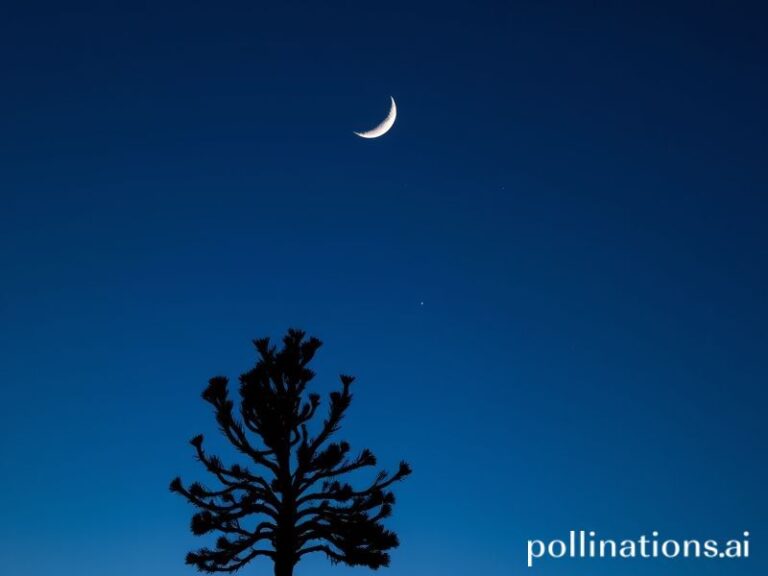morrissey the smiths
Mozambique’s fisheries minister is weeping into her morning espresso. The yen just hit a 34-year low. Somewhere in Lagos a data-center hums loud enough to drown out the muezzin. And yet, on every continent, a certain strain of disaffected human is still pressing play on “How Soon Is Now?”—proof that even as the planet overheats, the planet’s mood remains stubbornly Smithsian.
Morrissey and The Smiths, bless their cardigan-clad hearts, have become one of the few genuinely transnational currencies we have left. Not crypto, not the dollar, not even the euro in its smug Brussels fortress, but four lads from Manchester who managed to export a very British brand of gloom to every latitude where rent is too high and dinner is a solitary boiled potato. From the karaoke bars of Seoul—where “There Is a Light That Never Goes Out” is belted out by salarymen in surgical masks—to the rooftop parties of Mexico City where the hipster elite sway to “This Charming Man,” the Mozz signal is still broadcasting loud and clear.
Why? Partly because the world finally caught up to the joke. In 1984, Morrissey’s moan about the queen and her “poor misguided fool” seemed quaintly parochial. Today, when every head of state is a poor misguided fool with an itchy Twitter finger, the lyric feels like prophecy. When he sang “the music that they constantly play says nothing to me about my life,” he could have been subtweeting Spotify’s algorithmic slurry. The man practically invented globalized alienation before Wi-Fi made it efficient.
Of course, the Mozz himself has spent the last decade auditioning for the role of embarrassing uncle at the Thanksgiving table, flirting with dubious political causes like a drunk tourist buying knock-off sunglasses. That only makes the songs more potent: the art now floats free of its creator, like a beautiful corpse released from an awkward hostage situation. And so “Meat Is Murder” soundtracks Berlin vegan rallies, while Jakarta rockabilly kids discover that pompadours pair surprisingly well with existential dread. The Smiths have become a universal solvent: pour them onto any culture and they dissolve borders, currencies, dietary restrictions, and the last lingering hope that tomorrow will be better.
Meanwhile, global capitalism—ever the magpie—has done what it does best: commodify the mope. You can buy a $400 “This Charming Man” candle in SoHo that smells, allegedly, of old books and thwarted desire. H&M sells Morrissey-print shirts stitched by hands that will never afford concert tickets. Even the Chinese e-commerce giant Shein lists knock-off Morrissey tees for the price of a bowl of Lanzhou noodles. Somewhere, Johnny Marr’s chiming guitar is the hold music on a Manila customer-service line, proof that intellectual-property law is the real heaven-knows-I’m-miserable-now.
And yet, the songs keep slipping through the cracks. In war-scarled Kyiv, DJs spin “Please Please Please Let Me Get What I Want” at 3 a.m. fundraisers, the irony apparently delicious enough to override rocket sirens. Chilean students chant “Panic” at protests against fare hikes, because nothing says anti-neoliberal rage like a 1986 jangle-pop single. The collective message is unmistakable: the world is ending, has been ending, and will continue ending, but we might as well dance to an arpeggio that sounds like rain on a cemetery gate.
So, what does Morrissey mean in 2024? He means that despair is now the last shared human resource not yet cornered by multinational conglomerates. He means that when every other cultural export gets weaponized or monetized, a simple line—“I am human and I need to be loved”—still cuts through the static. And he means, most tragically of all, that the very technologies we invented to connect us have only perfected our loneliness, making The Smiths the official elevator music for the descent of man.
In short: the planet is on fire, the algorithm is hungry, and Morrissey is still crooning in the background like a beautifully doomed metronome. Which is comforting, in the same way that spotting another passenger on the Titanic adjusting his bow tie while the band plays makes you feel slightly less alone. The iceberg is multinational, but the soundtrack remains gloriously, miserably British.







